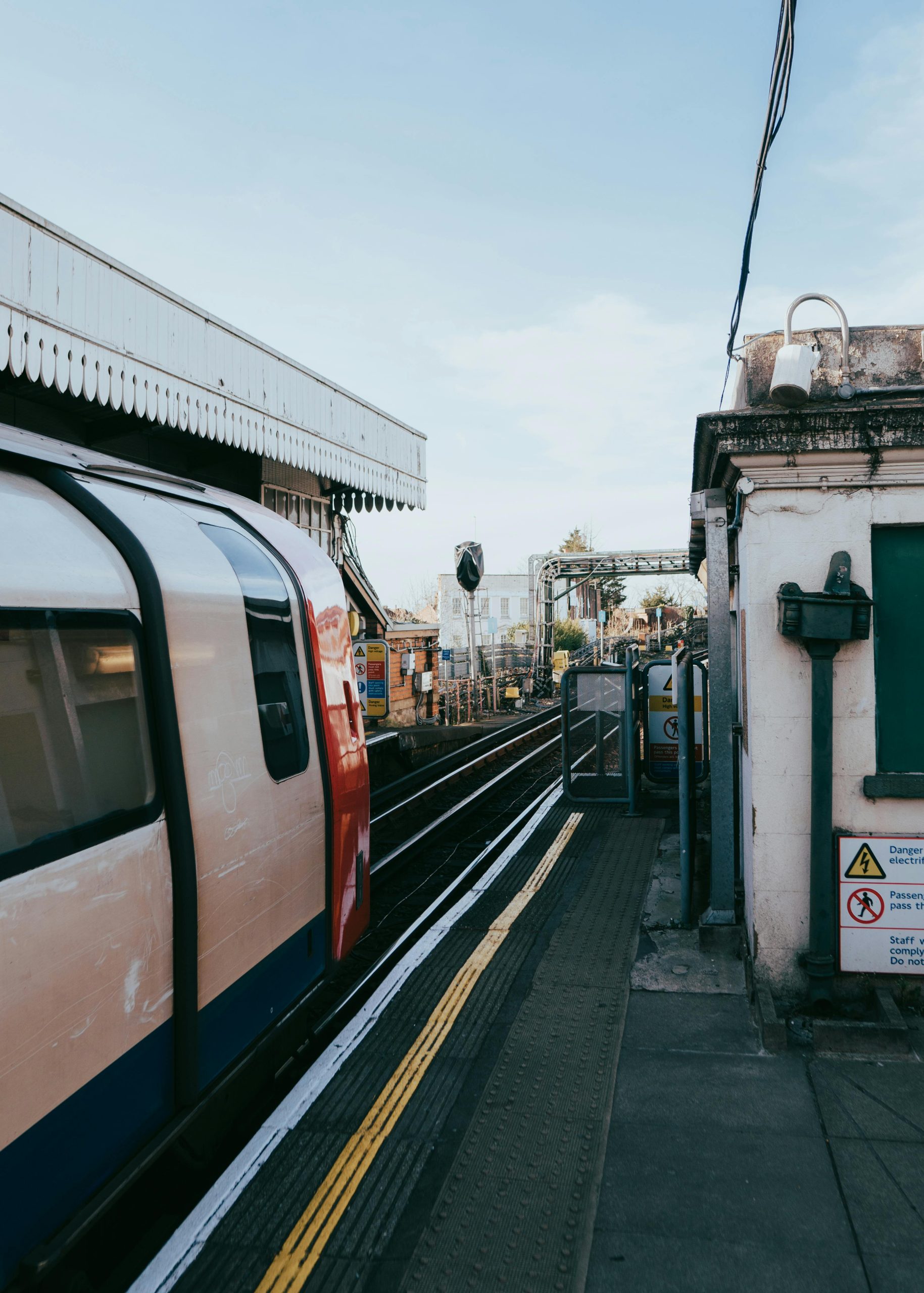Exploring the Legal Loopholes Behind London Station Fundraisers
In the bustling heart of London, particular street activities raise questions about legality and regulation. Notably, the groups operating outside major railway stations—such as Inside Success and WeRBlighty—have garnered attention for their persistent presence and methods of fundraising. This blog delves into the legal landscape that allows these groups to operate while other street vendors and charity collectors face stricter regulations.
The Curious Case of Station Fundraisers
For some time, commuter and resident observations have highlighted a pattern: certain organizations appear regularly outside London’s busiest stations, engaging in activities that resemble fundraising or sales. While street vendors selling goods for profit or officially sanctioned charity collections typically require permits issued by either local councils or the police, these particular groups seem to navigate around these restrictions with apparent ease.
The Legal Foundations: A 1982 Law Revisited
Our investigation revealed that the key to understanding this phenomenon lies in a law passed in 1982. Originally designed to facilitate the distribution of printed newspapers—an essential means for early dissemination of news—the legislation was crafted in a different era when the primary mode of news sharing involved physical print.
Under this law, the sale of printed material such as newspapers was exempt from certain licensing requirements, provided the activity adhered to specific conditions. Organizations like Inside Success and WeRBlighty leverage this legal exemption to operate outside station entrances with minimal regulatory oversight.
Who Enforces These Laws?
An important discovery is that enforcement responsibility predominantly falls on local councils rather than the police. Despite the widespread presence of these fundraisers, many London councils are unfamiliar with or do not actively enforce this aspect of the law. Consequently, these groups can maintain their stations outside key transportation hubs with little interference.
Broader Implications and Next Steps
This situation raises broader questions about street commerce regulation and the effectiveness of current enforcement mechanisms. Why are certain groups able to exploit legal loopholes while others are constrained? What responsibilities do local authorities have in ensuring fair and regulated street trading environments?
We continue to explore these issues and will be sharing more insights soon. If you’re interested in updates on similar investigations or looking for expert analysis on London’s regulatory landscape, consider subscribing to our newsletter.
Conclusion
The presence of fundraisers outside London stations exemplifies how outdated legislation can be exploited in the modern urban environment. Addressing these gaps requires a coordinated effort among local authorities, law enforcement, and community stakeholders to ensure fair regulation and protect the integrity


Insightful perspective on London’s street fundraising regulations
As a London resident, I find this discussion both intriguing and concerning. The legal loopholes highlighted, especially those stemming from outdated legislation from 1982, clearly show how laws can become obsolete over time if not regularly updated to reflect current urban realities.
It’s worth noting that while these groups exploit legal grey areas, there’s also a broader debate about balancing charitable activities and street commerce with the need for regulation and fairness. In addition to enforcement challenges, there’s a question of public perception and community trust. Residents often feel uncertain about who is genuine and who is soliciting funds for a credible cause.
To address these issues, I believe that:
It’s crucial that enabling laws evolve to reflect today’s urban environment, ensuring that fundraising activities support genuine causes without undermining fair street trading practices. Collaboration among authorities, legal experts, and community groups is essential for creating a balanced and fair approach to street fundraising in London.